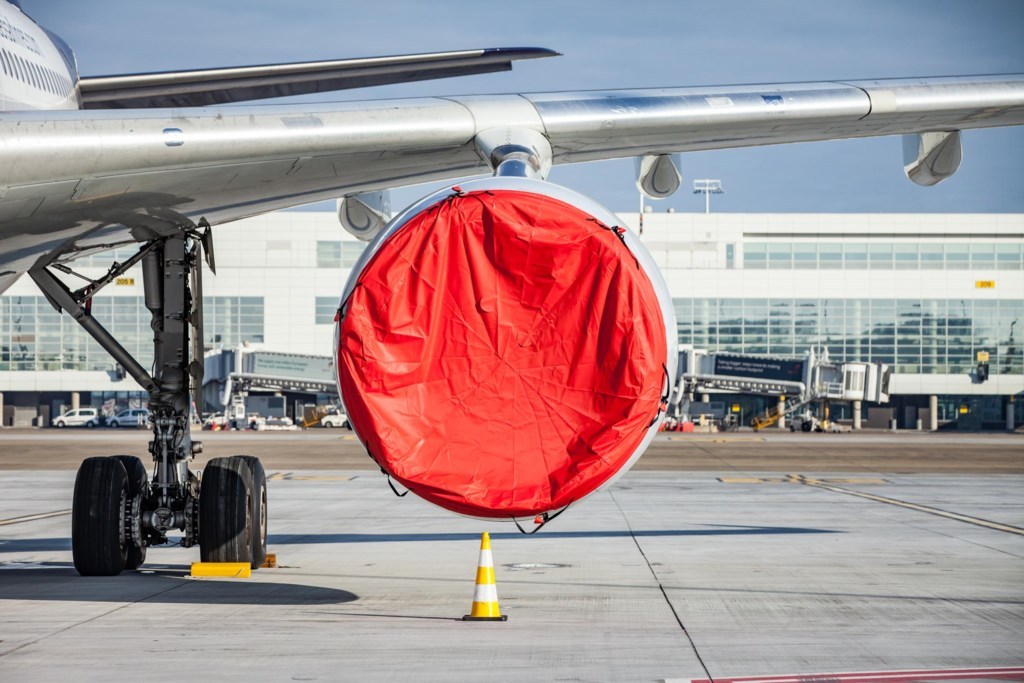Belgium has further restricted travel to several countries and zones in Europe in the latest update of the Foreign Affairs' Department website of Friday.
As the National Crisis Centre announced on Friday morning, the colour codes of "a number of" countries and regions in Europe have been adapted, further restricting travel for Belgians.
Red zones
From now on, travelling to Malta, several regions in Spain and almost the entire country of Romania, as well as several other regions, is no longer allowed as they have become "red travel zones."
For Spain, travelling is no longer allowed to the autonomous regions of Aragon and Navarra, the provinces of Barcelona and Lleida ( autonomous region of Catalonia), the province of Biscay (autonomous region of the Basque Country), the province of Soria (autonomous region of Castilla y Leon).
Travelling to the regions Bucharest-Ilfov, the Centre, North-West, North-East, South-East, South-Muntenia and South-West Oltenia in Romania is also no longer allowed.
The North-East and South-West regions of Bulgaria, and Leicester in the United Kingdom are also red zones.
People returning to Belgium from one of these regions are required to be tested and quarantined.
Related News
- Coronavirus tests will be possible at Brussels Airport from September
- Belgium to change colours for 'a number of' travel zones on Friday
- France declares Paris coronavirus 'red zone' again
Orange zones
Apart from colouring several new regions red, several new countries and regions have also received an orange colour, meaning that non-essential travel is still allowed, but the authorities advise against it.
The current orange travel zones, meaning that getting tested and quarantining upon return is recommended, for Belgians are:
Andorra
Bulgaria: North-West, North-Central, South-East and South-Central
Denmark
Germany: Niederbayern, Hamburg, Düsseldorf and Arnsberg
France: Île de France, departement du Nord, departement Loiret, departementen Meurthe-et-Moselle and Moselle, departement Sarthe, Mayenne en Loire-Atlantique, departement Ille-et-Vilaine, departements Gard en Hérault, departement Haute-Garonne, departements Ain, Rhône, Loire and Haute-Savoie, departements Alpes-de-Haute-Provence, Alpes-Maritimes, Var, Vaucluse and Bouches-du-Rhône
Iceland
Croatia: provinces Osijek-Baranja, Split-Dalmatië, Zagreb, Brod-Posavina and Vukovar-Srijem
Luxembourg
Monaco
The Netherlands: provinces South-Holland, North-Holland, Zeeland, Utrecht, North-Brabant en Flevoland
Norway: Oslo and Viken province
Austria: Upper-Austria and Vienna
Poland: provinces Lesser Poland, Greater Poland, Silesia, Opole, Łódź, Subcarpathian, Masovia and Warsaw
Portugal: Lisbon metropolitan area
Romania: Western region
Slovakia: Western Slovakian region
Slovenia: Eastern Slovenian region
Spain: autonomous regions of Madrid, Cantabria and Valencia, provinces of Girona and Tarragona (autonomous region of Catalonia), provinces Álava and Gipuzkoa (autonomous region of Basque Country), autonomous region of La Rioja, provinces Burgos, Salamanca, Segovia and Valladolid (autonomous region of Castilla y Leon), provinces Ciudad Real, Guadalajara and Toledo (autonomous region Castilla-La Mancha), autonomous region Murcia, provinces Almeria, Córdoba and Málaga (autonomous region of Andalusia), Balearic Islands and Melilla
Czech Republic: Central Bohemian Region, Moravian-Silesian Region, region of Prague, South-West and South-East regions
United Kingdom: Midlands, North East, North West and North Eastern Scotland
Sweden
Switzerland: cantons of Geneva, Vaud, Basel City, Zürich, Glarus, Luzern, Schwyz, Zug and Schaffhausen
All other regions within the EU are green zones, meaning Belgium has no travel restrictions in place for them. However, travelling is still a risk, and the situation in Europe can change rapidly, according to the Crisis Centre.
“Therefore, always check the situation at your destination. Choose green zones and stick to the basic rules at all times, also when you are abroad,” said virologist and interfederal Covid-19 spokesperson Steven Van Gucht.
Quarantine when back in Belgium is particularly important if you have carried out a high-risk activity in an orange zone, such as visiting relatives, or have participated in nightlife.
Maïthé Chini
The Brussels Times

